The second week of the first session of the 18th Lok Sabha is set to begin on July 1. With this, the Parliament is set to witness heated debates on a range of issues like the NEET paper leak row, the Agnipath scheme and inflation when both houses reconvene on Monday.
Lok Sabha and Rajya witnessed uproar on Friday as the Opposition pushed for an immediate discussion on NEET, but the government rejected the demand.
On Monday, in addition to the paper leak scandal, the Opposition is expected to highlight the issue of unemployment in the Lok Sabha.
The BJP is set to initiate the debate on the Motion of Thanks on the President's address led by BJP Hamirpur MP Anurag Thakur, which would be followed by first-time MP Bansuri Swaraj, the daughter of BJP stalwart late Sushma Swaraj.
The Lok Sabha has allocated 16 hours for the debate, which will conclude with Prime Minister Narendra Modi's reply on Tuesday. In the Rajya Sabha, 21 hours have been allotted for the debate, with the prime minister likely to reply on Wednesday.
The first session of the 18th Lok Sabha will conclude on July 3.
Opposition's Protest Over NEET-Leak Row
The opposition caused repeated disruptions in Parliament on Friday over the NEET paper leak issue, with both Houses being adjourned for the day without transacting much business apart from the Rajya Sabha taking up the Motion of Thanks for the President's address amid protests including by the BJD, which almost always supported the BJP in the previous Lok Sabha.
At one point, Leader of the Opposition in the Rajya Sabha and Congress president Mallikarjun Kharge too entered the Well of the House to join the opposition protest.
The Lok Sabha was first adjourned minutes after it assembled at 11 am, and then when it reassembled around 12 noon, it was adjourned till Monday amid the opposition's demand for a discussion on the issue.
Rajya Sabha also witnessed a series of disruptions before being adjourned for the day around 6 pm. But even during the time the House functioned, much of the time was taken up by the Opposition parties registering their protest by raising slogans and entering into the Well of the House.
NEET-UG was conducted by the NTA on May 5 with around 24 lakh candidates appearing. The results were announced on June 4, but they were followed by allegations of question paper leaks in states such as Bihar, besides other irregularities.
INDIA Bloc To Hold Demonstration In Parliament Premises Over ‘Misuse Of ED, CBI’
The opposition India bloc has announced plans to stage a demonstration within the Parliament premises on Monday. Aam Aadmi Party (AAP) MP Sanjay Singh, in a press conference held on Sunday, announced the decision of the alliance parties to protest against the central government.
"The parties of the INDIA bloc had unanimously decided that we will protest against the misuse of ED and CBI in the Parliament premises tomorrow at 10.30 am," Singh said while addressing the press conference in AAP headquarters in Delhi on Sunday.”
The AAP legislator also alleged that the central government directed the arrest of Delhi Chief Minister Arvind Kejriwal, adding that the ED has no evidence against the party chief in the excise policy case.
"The court (Rouse Avenue Court) said in its order that ED has no evidence against Arvind Kejriwal and that it is working with malicious intent. ED has no money trail against Arvind Kejriwal, no evidence, no recovery of money and hence Arvind Kejriwal is innocent," he said.
New Criminal Laws To Take Effect On July 1
As the second week of the first session of the Lok Sabha begins on July 1, three new criminal laws will also come into effect across the country, bbringing widespread changes in India's criminal justice system and ending colonial-era laws.
The Bharatiya Nyaya Sanhita, Bharatiya Nagarik Suraksha Sanhita and the Bharatiya Sakshya Adhiniyam will replace the British-era Indian Penal Code, Code of Criminal Procedure and the Indian Evidence Act, respectively.
The new laws will bring in a modern justice system, incorporating provisions such as Zero FIR, online registration of police complaints, summonses through electronic modes such as SMS and mandatory videography of crime scenes for all heinous crimes.
(With agency inputs)






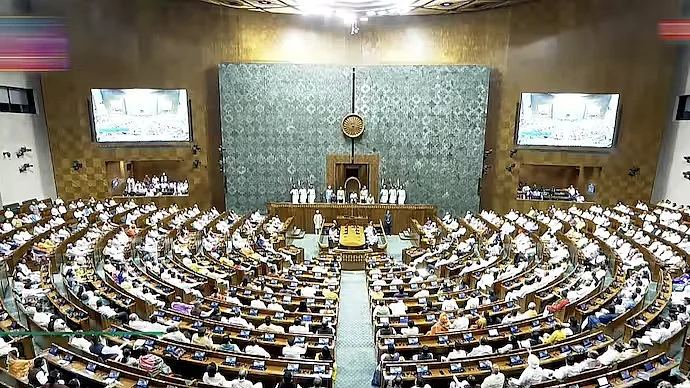
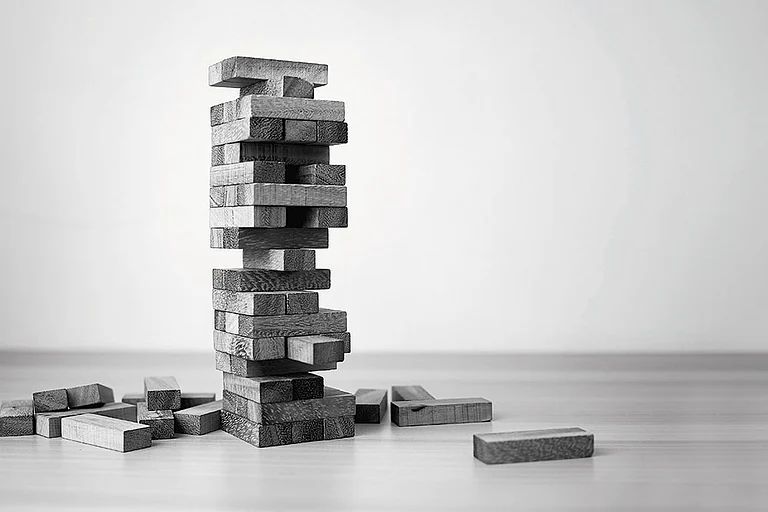
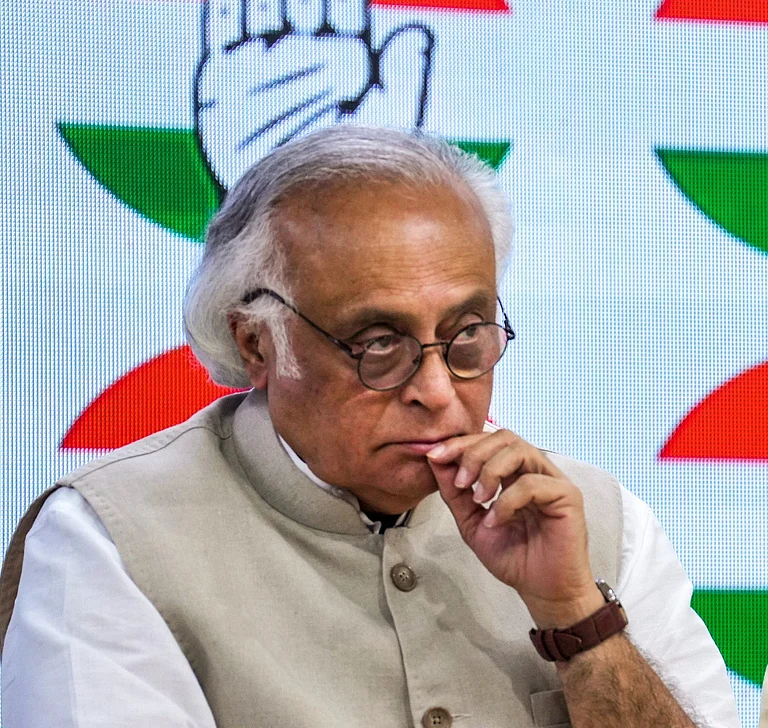
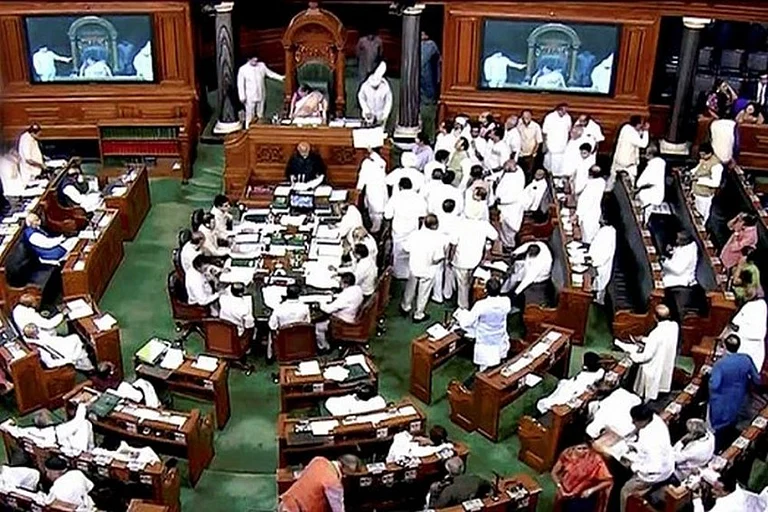
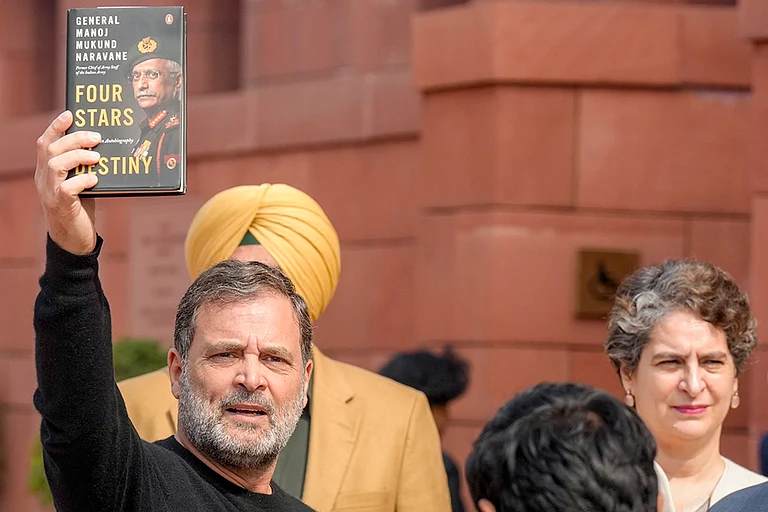
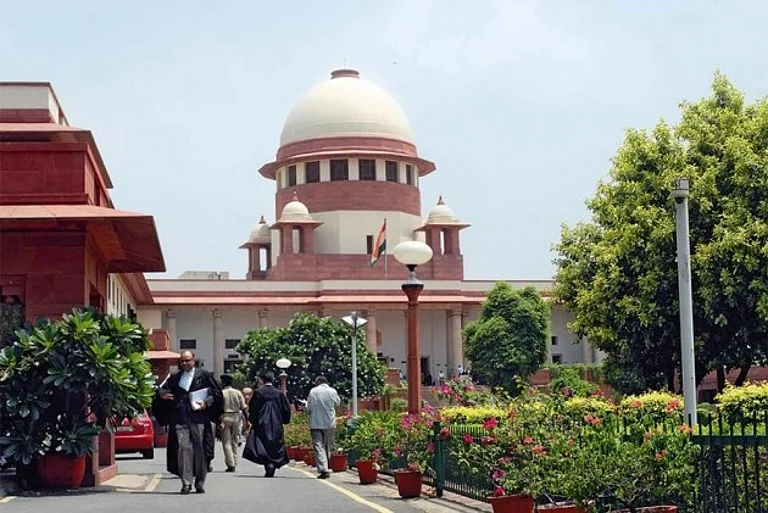

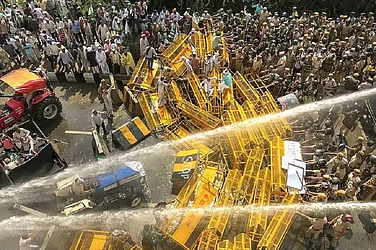
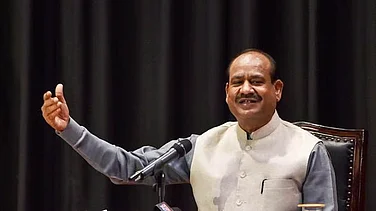





.png?w=200&auto=format%2Ccompress&fit=max)






